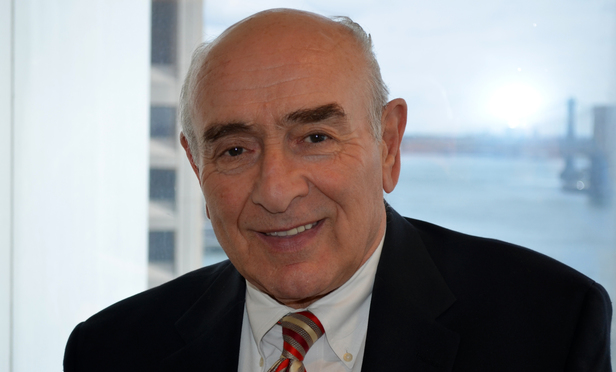In my column last month, “‘Unreliable’ Articles, ‘Trial By Literature’ Revisited,”1 I reported on the increasing phenomenon of experts testifying about the content of all kinds of published articles they had not authored and results of research in which they had not participated. It is as if the hearsay article is “testifying” via the conduit of the expert. One problem is the inability of judges or fact-finders to truly gauge the reliability of the hearsay. Another is the unavailability of the author to be cross-examined, a trial mechanism that helps to test credibility, identify weaknesses and expose unreliability of content, methodology and opinions.
In civil litigation, the party’s challenge is not always to prove that the opponent expert is lying. Testimonial probity is not always weighed in a black-and-white contrast. Shades of gray often permeate the qualitative fabric of expert testimony. Which witness is more convincing? Which testimonial position is more logical, more reliable, more persuasive? An expert can testify impressively and his qualifications may be excellent. He may even believe what he is saying. But if he relies upon and spouts what is essentially “junk science,” extracted from someone else’s writing, the testimony is junky nonetheless.



